Java Developer Course
“Transform Ideas Into Applications: Full Stack Java Developer Training at CMIT”
Offline / Online / Hybrid

A Java Developer is responsible for designing, implementing, and maintaining Java-based software and applications, contributing to all stages of the software development lifecycle. They thoroughly analyze user requirements, envision system features, and define application functionality.
Quick Enquiry
Gallery
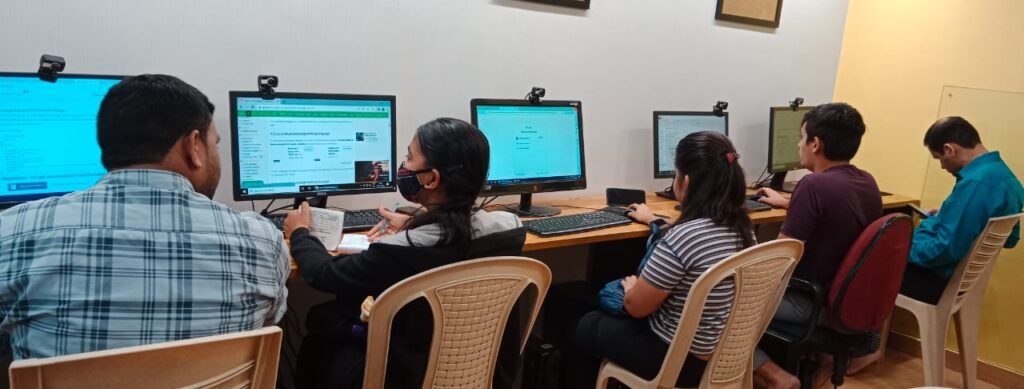
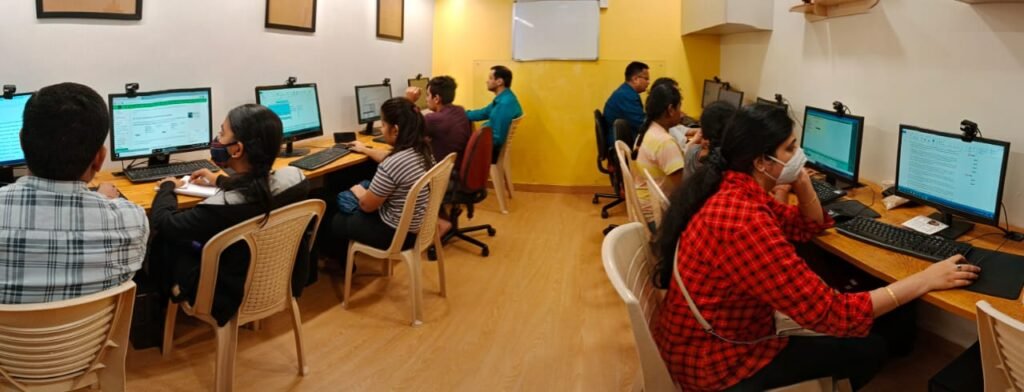
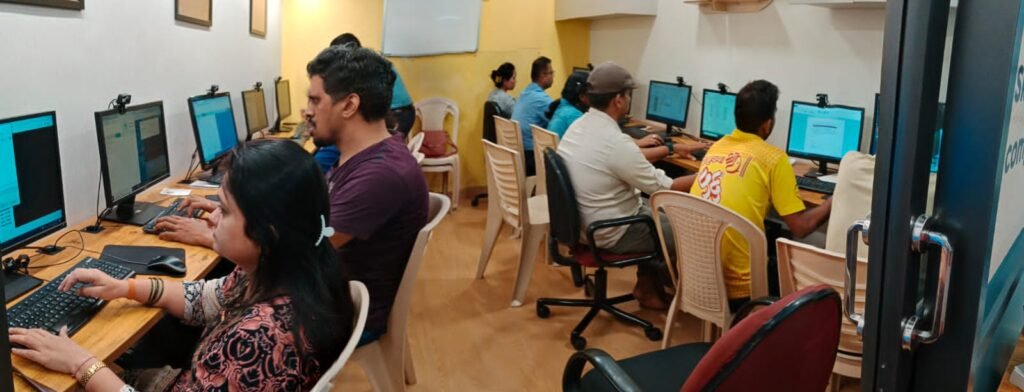
Students Reviews
Trustindex verifies that the original source of the review is Google. I've recently completed diploma course in CMIT computer institute , , mulund east and it was really helpful. The course taught me a lot skills in computer. The mentors here are very helpful and understandable.There teaching skills are very goodTrustindex verifies that the original source of the review is Google. As being a cmit student all the faculty has helped me to experience a good journey towards the Microsoft World and Tally prime which has enhanced my technical journey.Trustindex verifies that the original source of the review is Google. The faculty is very great and supportive the teachers are so good in teaching and plus the doubts are always cleared thoroughlyTrustindex verifies that the original source of the review is Google. A very good experience overall. The faculties try their best to make us understand the concept.Trustindex verifies that the original source of the review is Google. The institute is good all teaching staff in nice they teach us till we don't understand the concept of the topic Thank you!!Trustindex verifies that the original source of the review is Google. Overall experience was good, the Excel teacher teaching style was good, But I would have loved if it was only one group teaching for full 1 hour. But overall good value addition and good value for money. ThankyouTrustindex verifies that the original source of the review is Google. I recently completed the Advanced Excel course in CMIT Computer Institute, Mulund East, and it was really helpful! The course taught me a lot of new Excel skills that I can now use for work or personal projects.Trustindex verifies that the original source of the review is Google. It was an amazing experience here learning at CMIT , all my doubts were cleared and explained throughly !Trustindex verifies that the original source of the review is Google. Very good
Why Learn Java ?
Java is a versatile, platform-independent language, which means that you can write code once and run it on various platforms without modification.
Java developers are in high demand in the job market. Many companies, especially in the enterprise and financial sectors, rely on Java for their critical systems.
Java has a vast ecosystem of libraries, frameworks, and tools that can streamline development.
Java has a massive and active developer community. This means there are plenty of resources, forums, and support available when you encounter challenges in your development work.
Java Developer Level Wise Content
- Beginner
- Intermediate
- Advanced
- Understanding the Power BI interface, including the Power BI Desktop and online service.
- Navigating through different sections: data, relationships, reports, and dashboards.
- Importing data from various sources like Excel, databases, web services, etc.
- Basic data cleaning techniques using Power Query Editor.
- Creating relationships between tables for data modeling.
- Simple calculations using DAX (Data Analysis Expressions).
- Implementing complex relationships (many-to-many, bidirectional) in data models.
- Working with calculated tables and columns.
- Optimizing data models for performance.
- Designing more advanced and interactive reports using various visualization types.
- Implementing slicers, filters, and drill-through functionalities.
- Understanding best practices for effective visualizations.
- Mastering more advanced DAX functions for complex calculations and measures.
- Time intelligence functions for analyzing data over time periods.
- Implementing context manipulation in DAX.
- Publishing reports and dashboards to the Power BI service.
- Configuring scheduled data refresh and managing permissions and security.
- Collaborating with colleagues through workspaces and sharing features.
- Implementing custom visuals and integrating them into reports.
- Using bookmarks, drill-down, and advanced interaction features for better storytelling.
- Optimizing report performance for faster loading and responsiveness.
- Integrating Power BI reports into custom applications using Power BI Embedded.
- Utilizing Power BI APIs for automation and custom integrations.
- Depending on your interests, explore advanced topics like Java 8 features, lambdas, and streams.
- Study Java 11 or later features and modules.
Who Should Learn Java ?
Jobseekers
B TECH..
Professionals
M Com, MBA IT &
others
Future of Java Developer
- Many large enterprises and organizations rely on Java for their mission-critical systems. These systems, once built in Java, often have a long lifespan. This means there will be a consistent need for Java developers to maintain and upgrade these legacy applications.
- Java remains a primary language for Android app development. While Kotlin has gained popularity, Java continues to be a valuable skill for building Android applications. Developers with Java expertise can work on a wide range of mobile projects.
- Java is well-suited for building cloud-based and microservices applications. Technologies like Spring Boot and Quarkus make it easier to create scalable and efficient cloud-native applications. As the demand for cloud services and microservices architecture grows, Java developers will continue to play a vital role.
- Java is being used in IoT development due to its portability, security features, and the ability to run on various devices. As the IoT field expands, Java developers may find opportunities in this domain.
- Java is used in big data processing frameworks like Apache Hadoop and Apache Spark. Data analysis and processing remain essential in various industries, creating demand for Java developers with expertise in these areas.
Average Salary For Java Developer
| Job Profile | Average Salary (in LPA) |
|---|---|
| Java Developer | 4 Lakhs LPA |
| Java Software Developer | 3.1 Lakhs - ₹ 4 Lakhs LPA |
| Java fresher | 1 Lakh - ₹ 2.1 Lakhs LPA |
FAQ"S
Minimum salary depends on the role you are applying for. For Java fresher the minimum salary is ₹1.5 Lakhs per year, for fresher the minimum salary is ₹2.8 Lakhs per year and so on.
The average salary for freshers varies from ₹2.8 Lakhs per year for fresher to ₹3.4 Lakhs per year for Java Developer.
Affiliations / Authorizations
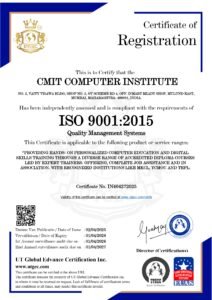
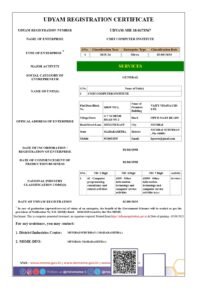
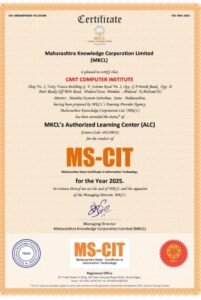

Why Choose CMIT ?

Certified and Experienced Trainers

Weekdays / Weekend Batches Available

Affordable Fees

Small Batch Sizes
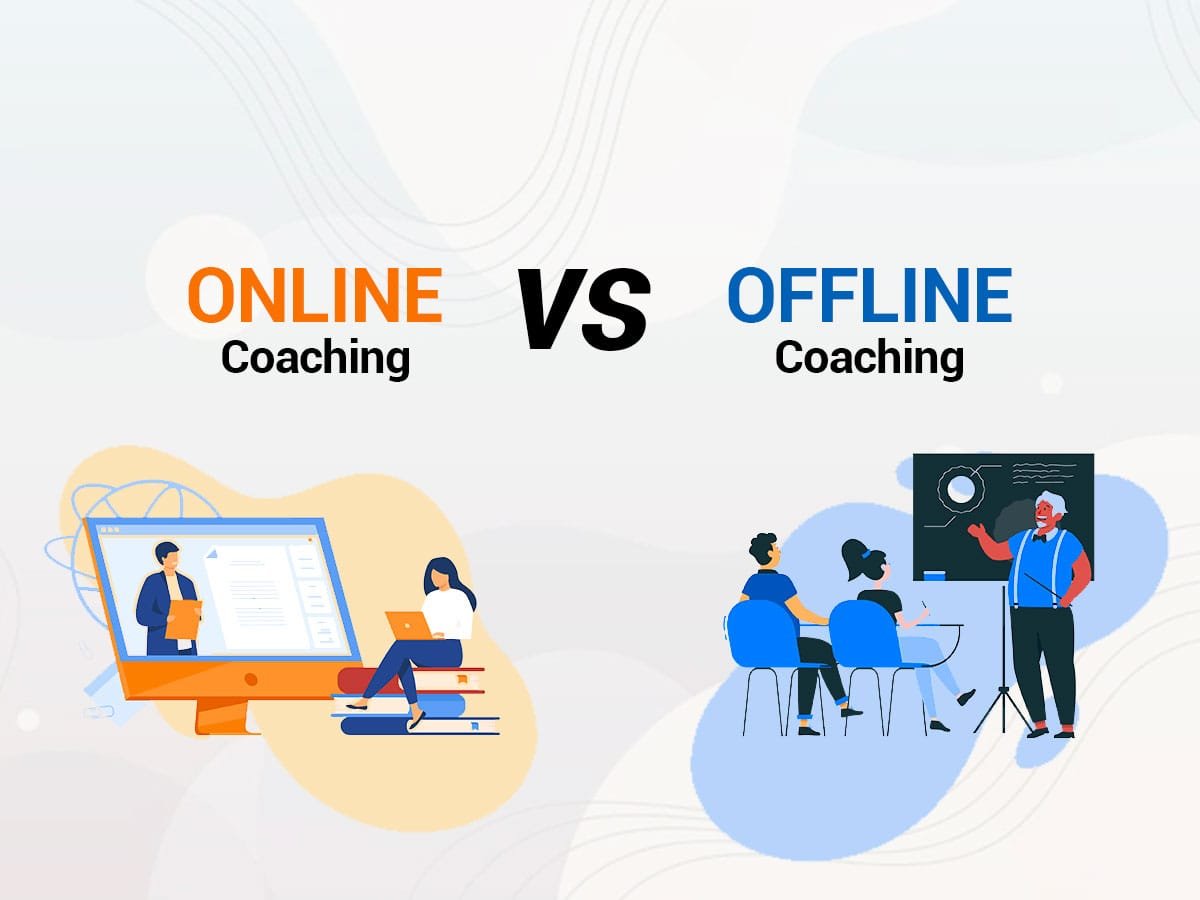
Flexible Learning Options

Individual Attention

Free Wi-Fi Facility

Periodical Assessment

Course Completion Certificate

100% Job Assistance


